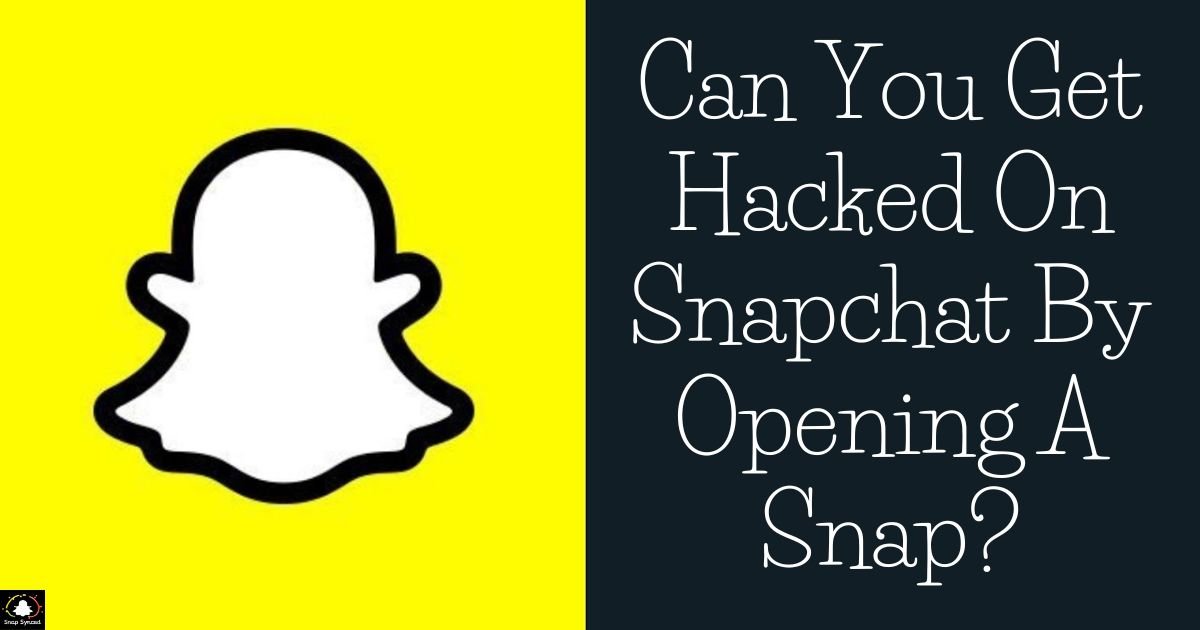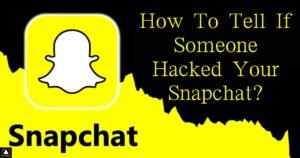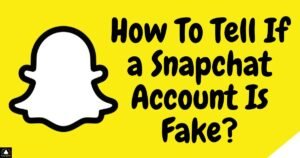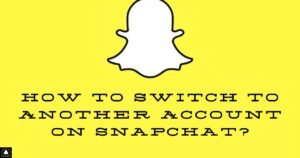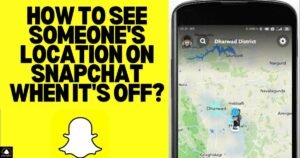Snapchat has become one of the most popular social media platforms, especially among younger generations. With its ephemeral nature, where messages disappear after being viewed, many users feel a sense of security.
Concerns about security and privacy on Snapchat persist, particularly regarding the possibility of getting hacked by simply opening a snap. In this article, we’ll delve into this question to understand the risks and precautions users should take.
Understanding Snapchat’s Security Measures
| Security Measure | Description |
| End-to-End Encryption | Snapchat uses encryption to protect message content. |
| Privacy Settings | Users can customize who can interact with their account. |
| Two-Factor Authentication | Adds an extra layer of security during login. |
| Account Lockout | Automatically locks the account after multiple failed login attempts. |
| Data Encryption | Snapchat encrypts user data to prevent unauthorized access. |
Snapchat employs various security measures, including end-to-end encryption and two-factor authentication, to safeguard user data and privacy.
The Risks of Opening a Snap
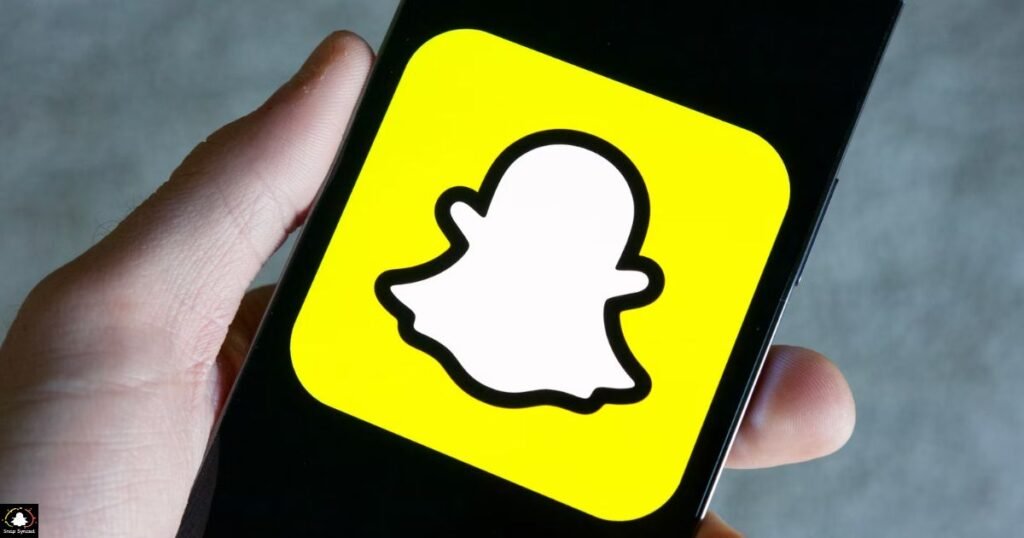
Despite Snapchat’s security measures, there are still potential risks associated with opening snaps:
Malicious Links and Content
Phishing Attacks: Hackers may send snaps containing malicious links disguised as innocent content. Clicking on these links could lead to phishing scams, where hackers attempt to steal sensitive information such as login credentials or personal data.
Malware Distribution: Snapchats containing links to malware-infected websites or files could compromise the recipient’s device. Opening such snaps may result in the installation of malware, which could steal data or gain unauthorized access to the device.
Account Takeover
Brute Force Attacks: Hackers may attempt to guess or crack a user’s Snapchat password through brute force attacks. If successful, they could gain access to the user’s account, allowing them to send snaps on their behalf or view private content.
Password Reuse: Users who use the same password across multiple platforms are at risk of having their Snapchat account compromised if another platform they use experiences a data breach. They may wonder, ‘What Do Recents On Snapchat Mean?‘
Preventive Measures
To minimize the risk of getting hacked on Snapchat, users can take the following precautions:
Enable Two-Factor Authentication
How to Enable: Go to Snapchat’s settings, select ‘Two-Factor Authentication,’ and follow the prompts to enable the feature. Choose between receiving verification codes via SMS or using an authenticator app.
Exercise Caution When Opening Snaps
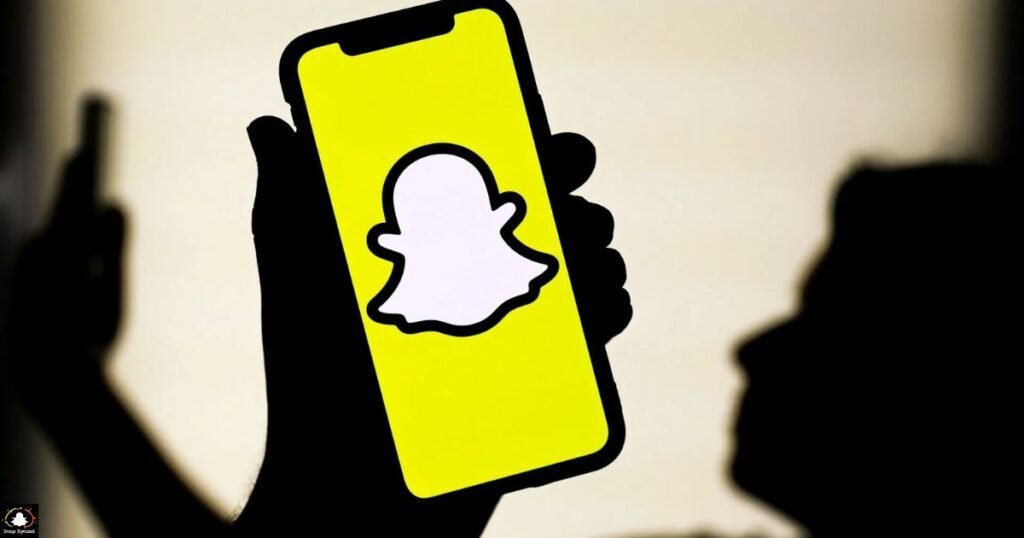
Avoid Unknown Senders: Only open snaps from trusted contacts. If you receive a snap from an unknown sender or a suspicious account, refrain from opening it.
Don’t Click on Suspicious Links: Be cautious of snaps containing links, especially from unfamiliar sources. Avoid clicking on links unless you’re certain of their legitimacy.
Keep Software Updated
Regular Updates: Ensure that both the Snapchat app and your device’s operating system are up to date. Software updates often include security patches that address vulnerabilities and protect against potential threats.
Use Strong, Unique Passwords
Password Best Practices: Create strong, unique passwords for your Snapchat account and avoid using the same password across multiple platforms. Consider using a password manager to generate and store complex passwords securely.
FAQ’s
Is it possible to get hacked on Snapchat by opening a snap?
Yes, it is possible, especially if the snap contains malicious links or content that could compromise your device’s security.
How can I protect myself from getting hacked on Snapchat?
Enable two-factor authentication, exercise caution when opening snaps from unknown senders, and keep your software updated to minimize the risk of hacking.
Can someone hack my Snapchat account through brute force attacks?
Yes, hackers may attempt to guess or crack your Snapchat password through brute force attacks, especially if you use weak or easily guessable passwords.
Conclusion
While Snapchat implements various security measures to protect user privacy, the risk of getting hacked by opening a snap still exists. Malicious links and content, as well as account takeover attempts, pose potential threats to users’ security.
By enabling two-factor authentication, exercising caution when opening snaps, keeping software updated, and using strong, unique passwords, users can reduce the likelihood of falling victim to hacking attempts on Snapchat.
Maintaining vigilance and staying informed about evolving security threats are essential for safeguarding personal data and privacy online.
